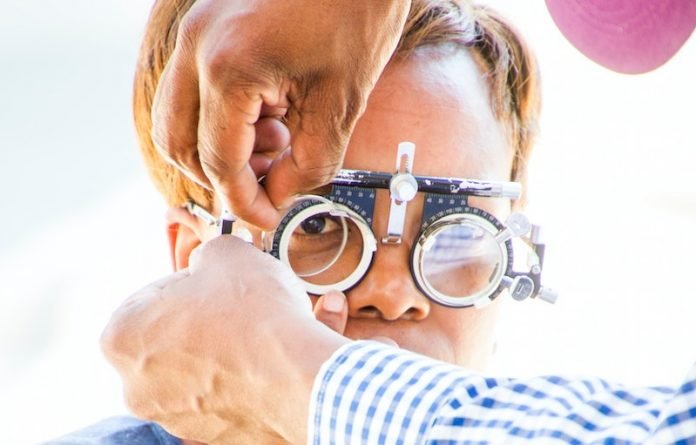
Scientists from Anglia Ruskin University found that the way in which a patient is told they have serious eye disease can impact their psychological health and ability to cope with their condition in the long term.
The research is published in BMJ Open and was conducted by Dr. Jasleen Jolly et al.
In the study, the team interviewed patients of a range of ages who had been diagnosed with eye disease in England over the course of several decades and assessed the psychological impact of the way their diagnosis was communicated.
Interviewees had been diagnosed with a variety of eye conditions, including diabetic retinopathy, macular degeneration, Stargardt disease, and retinitis pigmentosa, all of which can cause significant vision loss.
The team found that patients often vividly remembered the way they were told they had their condition and the manner of the medical professional that delivered the news.
This impacted how they saw their vision loss and themselves, as well as their interactions with other people.
Some had waited months or years for diagnosis from initially being aware of a problem, creating a sense of frustration and anxiety.
Some patients felt the need to trawl the internet to find out more, coming across misinformation and “scare stories” online and increasing their anxiety about their condition.
The team says being given a diagnosis of eye disease can be unexpected and devastating.
The moment of diagnosis is emotionally charged and interactions with clinicians can have a lasting impact on how a patient comes to terms with their visual impairment.
If patients don’t feel they have received enough information, this can lead to them feeling lost and often searching for details from less reliable sources.
This is one of the first studies to examine how the communication of a diagnosis impacts psychologically on a patient in the long term.
The team found that the words and demeanor of medical professionals affected a patient’s ability to come to terms with their condition.
Doctors should carefully consider how they communicate a diagnosis to patients, how and when they offer information about diagnosis or prognosis, and signpost them to appropriate charities, support systems, or counseling services as soon as possible.
If you care about eye health, please read studies about 5 dangerous signs you have diabetes-related eye disease, and how to protect your eyes from glaucoma.
For more information about eye health, please see recent studies about how to protect your eyes from diabetes, and results showing that vitamin B3 may help treat common blinding eye disease.
Copyright © 2022 Knowridge Science Report. All rights reserved.



